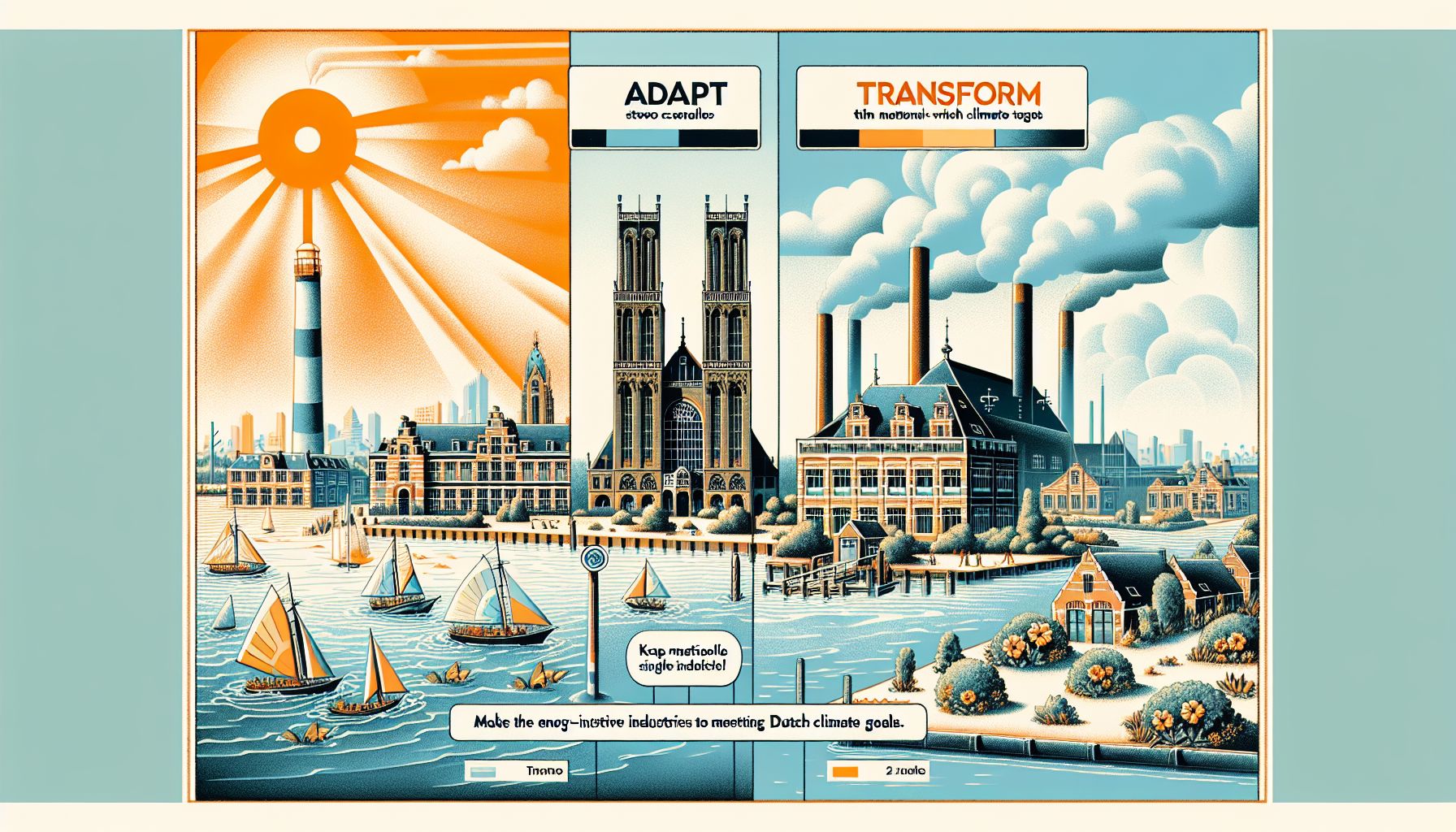Energy-Intensive Industries Key to Achieving Dutch Climate Goals, TNO Finds

TNO’s latest study highlights the critical role of making energy-intensive industries more sustainable to meet stricter national and European climate targets. Two scenarios, ADAPT and TRANSFORM, are explored.
Energy Consumption and Economic Impact
Energy-intensive industries in the Netherlands are responsible for nearly half of the country’s total energy consumption, making their transformation pivotal to achieving climate goals. This sector’s substantial energy demand and its crucial role in the Dutch economy underscore the importance of sustainable practices. According to TNO, maintaining current production levels would result in 40-50% of the nation’s energy demand stemming from these industries[1].
Scenarios for a Sustainable Future
The study by TNO explores two future scenarios: ADAPT and TRANSFORM. ADAPT focuses on gradual changes and improvements to current practices, while TRANSFORM envisions a more radical shift towards sustainability post-2030. Both scenarios aim to align with national and European climate targets, highlighting the need for significant changes in energy sources and consumption patterns[1].
Industry Reduction and Energy System Shifts
One of the critical aspects of the study involves calculating the effects of reducing or eliminating production in energy-intensive industries. TNO’s analysis shows that such reductions would necessitate shifts in energy generation methods, including increased use of hydrogen and biofuels. The study also finds that integrating nuclear energy into the mix could be cost-effective, as scenarios without new nuclear plants tend to show higher system costs[1].
Role of Negative Emissions
Replacing fossil carbon with sustainable alternatives is another key focus. Biogenic CO2 storage and Bioenergy with Carbon Capture and Storage (BECCS) are highlighted for their potential to deliver negative emissions. The study suggests that BECCS could become a more cost-effective solution compared to capturing fossil CO2 in the future, providing a pathway to mitigate climate impact more efficiently[1].
Long-Term Financial Benefits
While the energy transition requires significant upfront investments, the study points out that these costs could be offset by long-term benefits. Innovations in sustainable practices are expected to lead to lower industry costs by 2050. TNO’s scenarios indicate that continuing reliance on fossil fuels would result in higher system costs, whereas a shift towards sustainability could yield a more favorable economic outlook[1].

